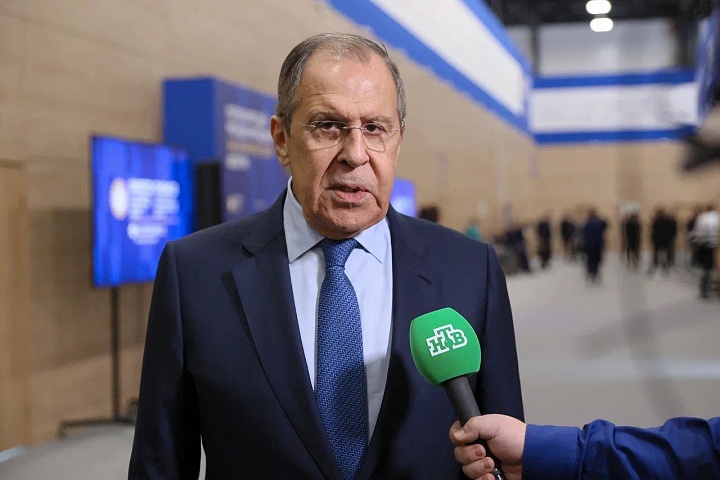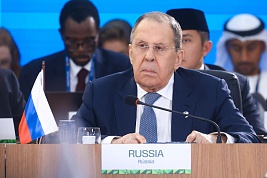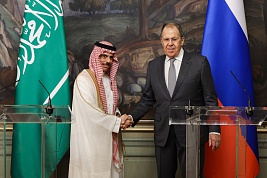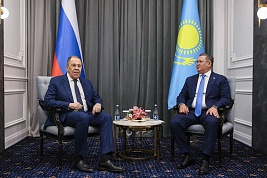Foreign Minister Sergey Lavrov’s answer to a question from NTV on the sidelines of the 26th St Petersburg International Economic Forum, St Petersburg, June 16, 2023
Question: You have said that the Ukrainian part of the “grain deal” has turned into a commercial project. What does Russia think about the possibility of its extension? Are there any signs that our position will be taken into account?
Sergey Lavrov: Why should we extend an unviable deal? The part of the package regarding Russian fertilisers and foods, proposed by UN Secretary-General Antonio Guterres, is not being implemented. Only the Ukrainian part is being implemented, but only as a commercial deal rather than for the purpose mentioned by Guterres, which is to satisfy the needs of the poorest countries. Less than 3 percent of the total volume dispatched by Ukraine under the grain part of the initiative were delivered to the poorest developing countries on the special list of the UN World Food Programme.
As for our part of the package deal, the explosion of the Togliatti-Odessa ammonia pipeline alone has shown that some people would like to destroy the package and everything else that created conditions for expanding our trade and the delivery of Russian products to developing countries, and to keep only the commercial segment of the Ukrainian part of the package.
When the special military operation began, about 300,000 tonnes of fertilisers were seized in EU ports. President Vladimir Putin said in August 2022 that we would deliver these fertilisers to developing countries free of charge. It took six months to send a small batch to an African country, Malawi. Several months later, similar small batches were sent to Kenya and Nigeria. The West is not willing to lift the barriers it itself has created to the delivery of Russian fertilisers to the poor countries of the Global South. Let them do their business.
Ukraine and the EU have established “solidarity lanes,” which are a combination of land and river routes. Many European countries are angry about cheap and low-quality Ukrainian grain that does not meet sanitary requirements. Five countries have refused to accept it and demand compensation from the European Commission. If they have more than they need, they can send the surplus to Africa and other countries that need it, including as fodder for their cattle. Ukraine is mostly exporting fodder grain, which is different from Russian deliveries where wheat makes up the bulk. Well, they can continue to do it, to take care of their profits.
For the past months when the Russian part of the “grain deal” was blocked, we continued to deliver grain to developing countries via other routes, which are not obstructed by Western barriers. We will continue to do this. There is no doubt about that. We will deliver for free the same amount Ukraine has sent to the poorest countries over nearly a year since the signing of the deal, or even more. This is what President Putin has said.





